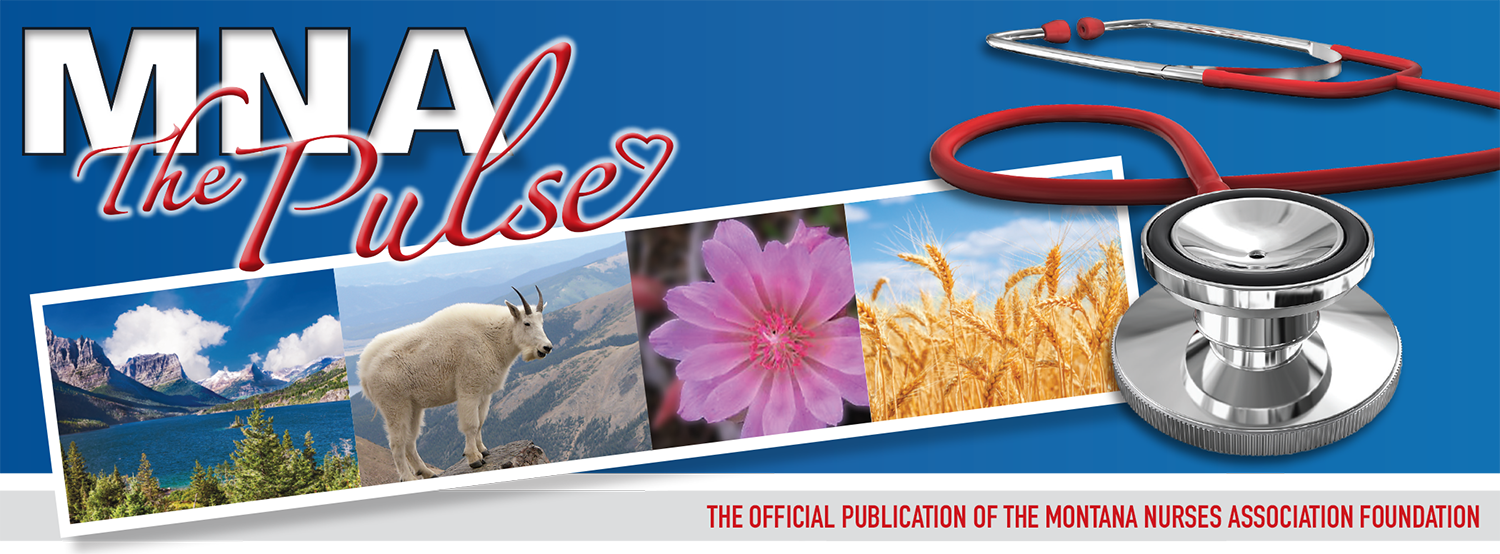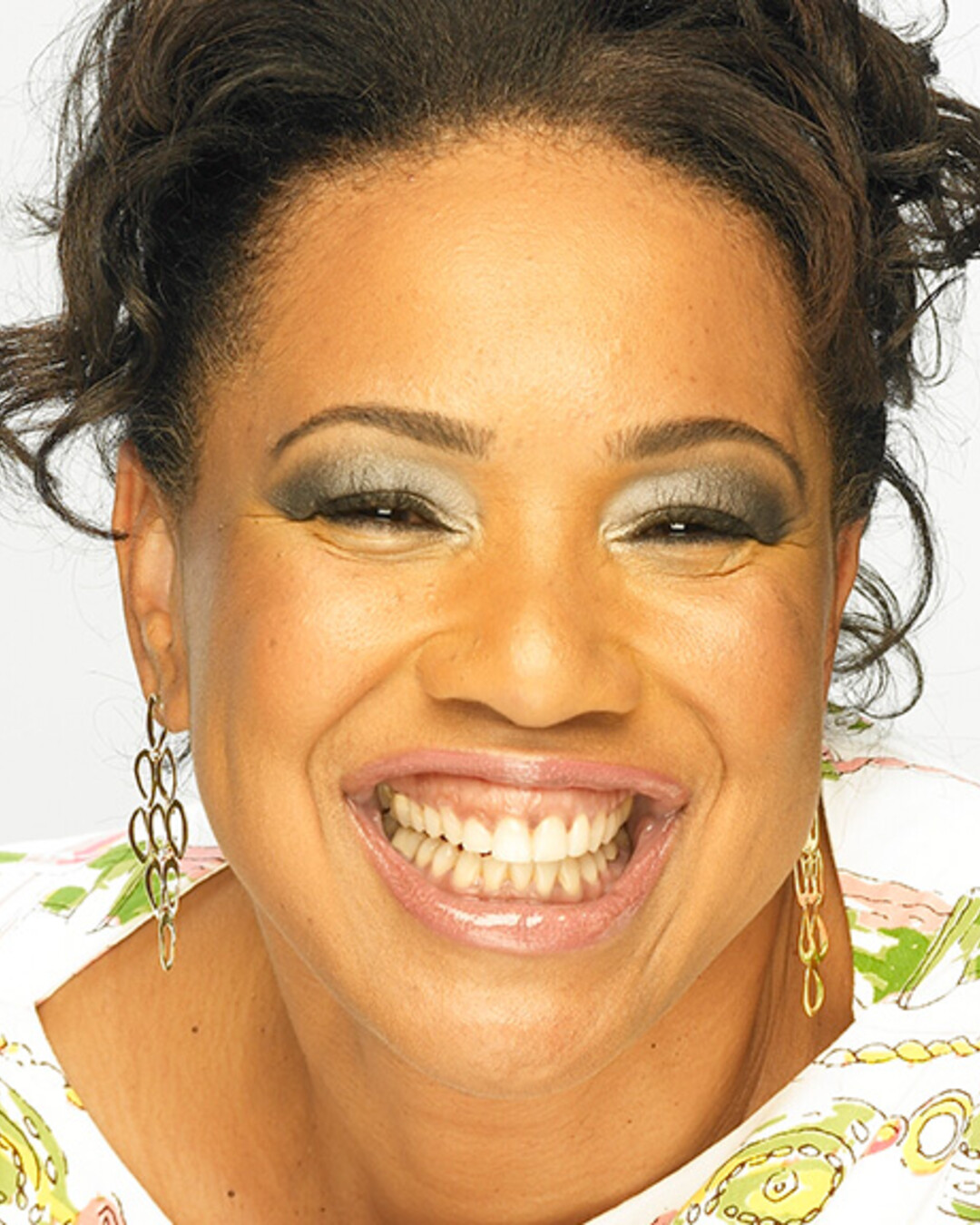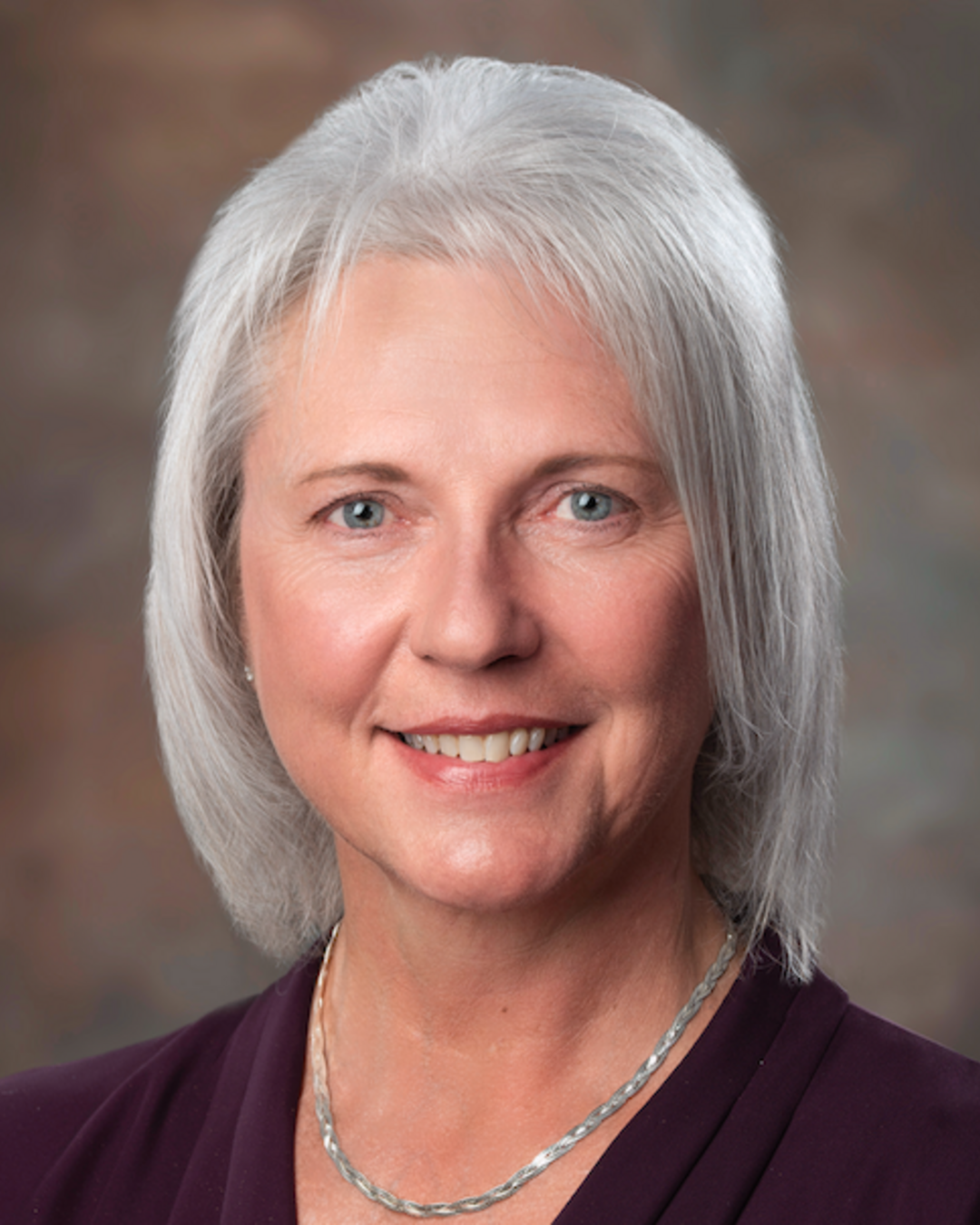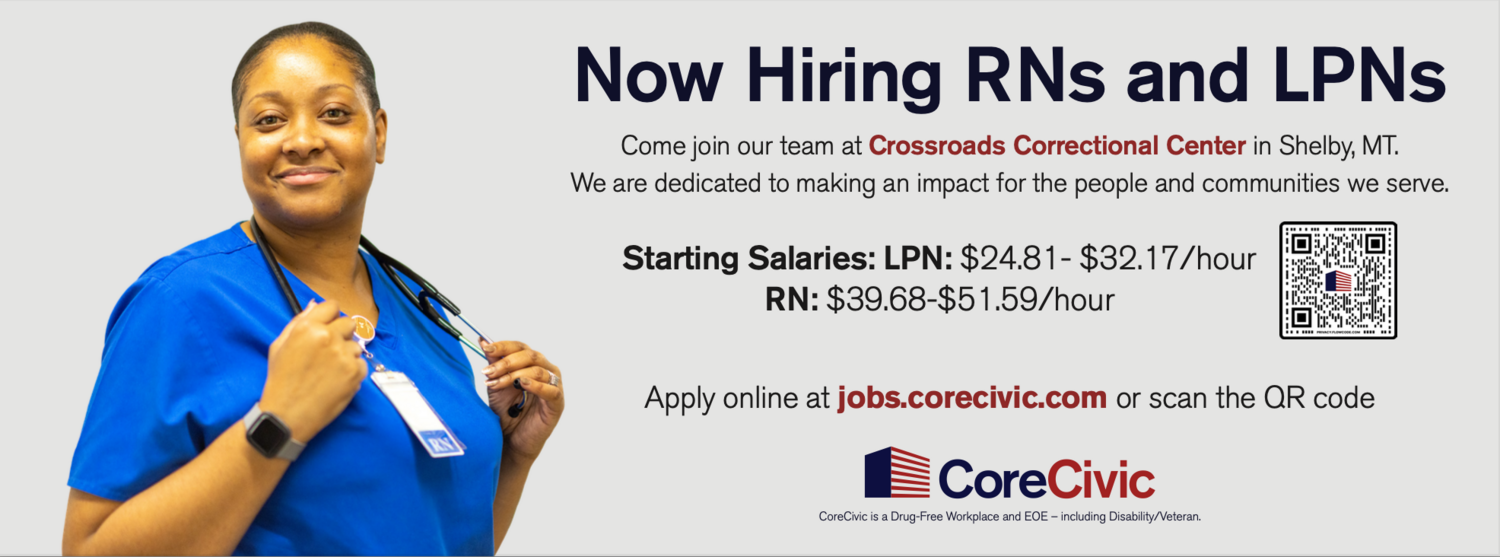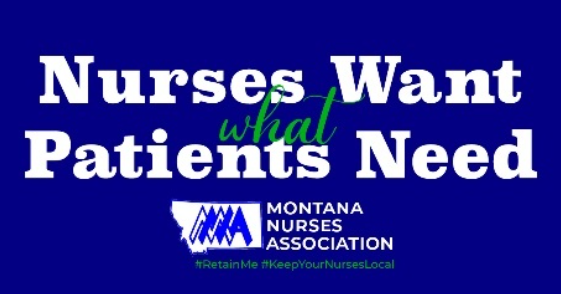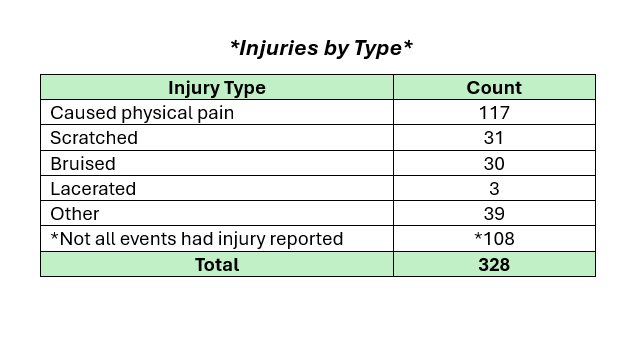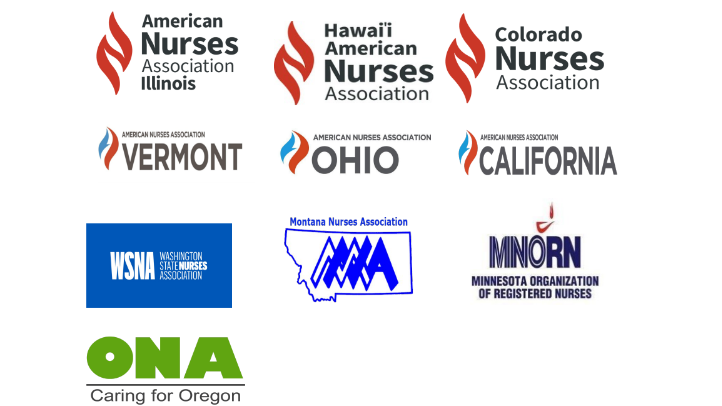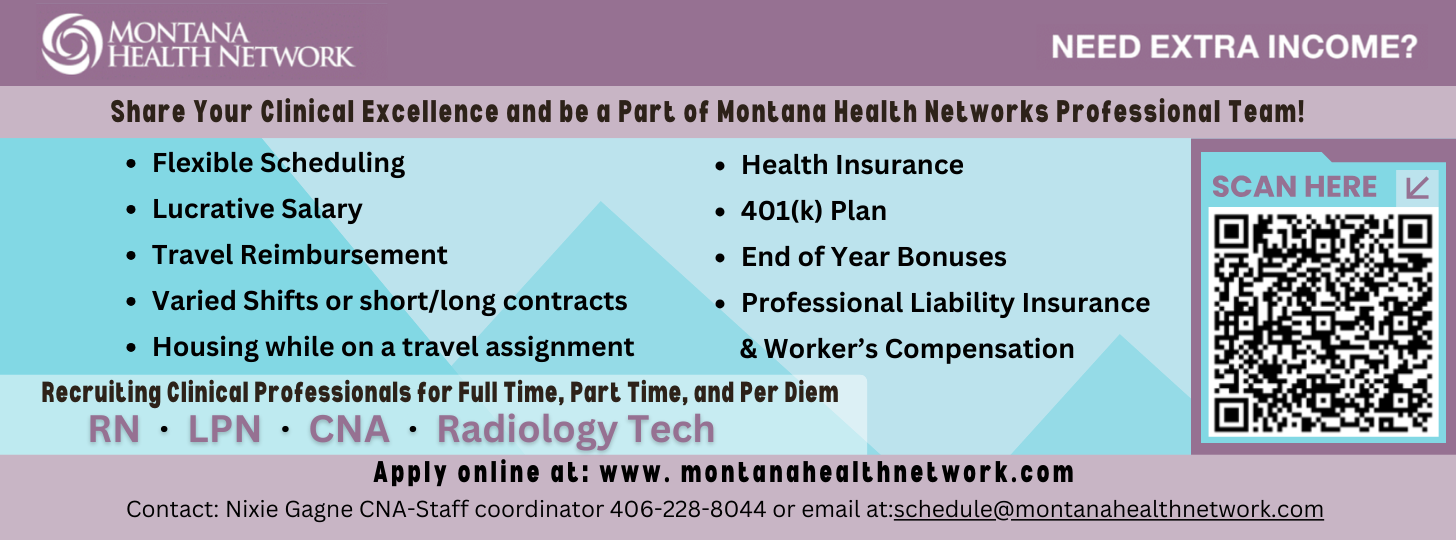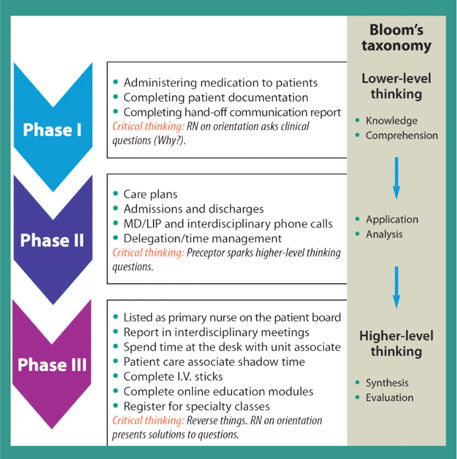The Power of Knowledge
Nurse Unions are built on the basic principle of solidarity, where
each nurse member's voice contributes to the collective strength of the
workforce. This strength is not just a result of membership numbers, it
is also the result of effective, informed local unit officers/leaders.
Understanding the roles of union officers and representatives is crucial
for nurse members to fully benefit from their union.
Local Unit Union Officer positions are not just titles, they are
pivotal roles that ensure the successful operation of the union,
enforcement of nurse workers' rights, and the representation of nurse
members' and their interests. All nurse members should be aware of what
union officers/leaders do on a state and local level and how their
decisions impact the day-to-day work life of employees. Understanding
the responsibilities and functions of union leadership enables and
empowers members to make informed decisions, participate effectively in
union activities, and hold leaders accountable.
In this article, we'll explore why it's important for nurse union
members to understand these roles and how being an active, informed
participant can enhance the union's power to protect and advance nurse
workers' rights.
When nurses understand the roles of officers and representatives,
they can make more informed decisions about officer/leader and union
actions. It allows nurse members to advocate for themselves and the
larger workforce more effectively.
Local Unit Union Presidents, Co-Presidents, and Vice
Presidents
The Local Unit president is the primary representative of the union
and its members. They often serve as the face of the union in meetings,
negotiations, and public statements. Presidents may delegate authority
but not the responsibilities of the President. The vice president acts
as the deputy to the president and assumes their duties in the absence
of the president.
Normal duties of the president and/or vice president include but are
not limited to the following:
Broad agenda items identified by members for surveys, meeting
agendas, PCC/LMC
Mentor and support less experienced nurses and help to educate on
any union representation
Negotiate and help enforce your contract
Assist with nurse member lists and list maintenance
Help create and maintain open communication with unit reps and
union leaders
Assist in effectively distributing internal
communications
Assist and maintain the New Nurse Outreach Program to welcome
newly hired nurses
Oversee local unit meetings
Local Unit Union Treasurer
The Local Unit Treasurer is responsible for overseeing all financial
matters of the union. This includes budgeting, tracking expenses, and
ensuring proper financial record-keeping.
Normal duties of the Treasurer include but are not limited to the
following:
The treasurer has direct fiduciary responsibility for managing
the local unit bank account and its expenditures honestly. Treasurer's
duties may include:
Maintaining possession of local unit checkbook and banking
records
Serves as co-signatory with the president on all financial
instruments and checks
Filing necessary LM reports with the Department of Labor, if
required.
Reporting at membership meetings and making information available
to all members
Local Unit Union Secretary, Communications Officer, or Media
Officer
The Local Unit secretary is responsible for maintaining records of
all union meetings, including minutes, agendas, and any official
correspondence. They often handle internal communications, including
notifying nurse members about meetings, events, and important
decisions.
Normal duties of the Treasurer include but are not limited to the
following:
The secretary is responsible for taking minutes that accurately
record all actions of membership and executive board meetings.
At meetings, the secretary should provide access to minutes from
the previous meeting and report on any official correspondence the union
has received.
Assist in creating and maintaining member lists and all
communications with members
The secretary may enlist assistance from individual department
representatives to help convey messaging.
Local Unit Union Department Representative
The Local Unit Department Representative is responsible for being the
voice and liaison between the nurses in their specific unit and the
Local Unit Officers and MNA Labor Representative.
MNA Union Labor Representative
The Labor Representative is the primary liaison between union nurse
members, officers and the facility leadership. The labor representative
is often the first point of contact for nurses with issues or grievances
in the workplace. Labor representatives help resolve disputes by
representing members in informal or formal grievance procedures and
often assist in resolving workplace conflicts. The primary concern for
labor representatives is to help ensure that the terms of the collective
bargaining agreement are upheld by management and that nurses are not
being exploited or mistreated. They are regularly present in the
facilities and local units they represent, meeting with members,
listening to concerns, and maintaining a presence to ensure that nurse
worker's rights are respected.
MNA Union Legal Counsel
MNA legal counsel Provides legal advice to the MNA and its' staff on
a variety of issues, such as labor law, contract interpretation, and
grievance procedures.
Understanding local unit union leadership positions is more than just
learning about job descriptions, it's about recognizing the impact these
roles have on shaping the future of nurse workers' rights. When union
nurses are informed and actively engaged, the union itself becomes a
more powerful, accountable, and effective force for change! Being
educated regarding leadership roles helps nurse members navigate the
union structure, participate in decision-making processes, and hold
leaders accountable. This helps ensure that the needs and voices of the
workforce are prioritized.
Responsibility does not fall solely on the shoulders of local unit
union leaders; every nurse plays an integral role in strengthening their
union through active involvement. Educating ourselves on the duties and
responsibilities of local unit union officers and representatives
greatly contributes to building a more dynamic, transparent, and unified
locals.
So, I challenge all nurses to take the next step, attend a union
meeting, ask questions, get to know your leadership team, and stay
informed about the issues that affect you. When union nurses understand
the power within the roles in union leadership, they unlock the
potential for greater solidarity and collective action! This ensures
that your local unit union and your association continue to serve their
core purpose: protecting the rights and improving the lives of
its nurses!
